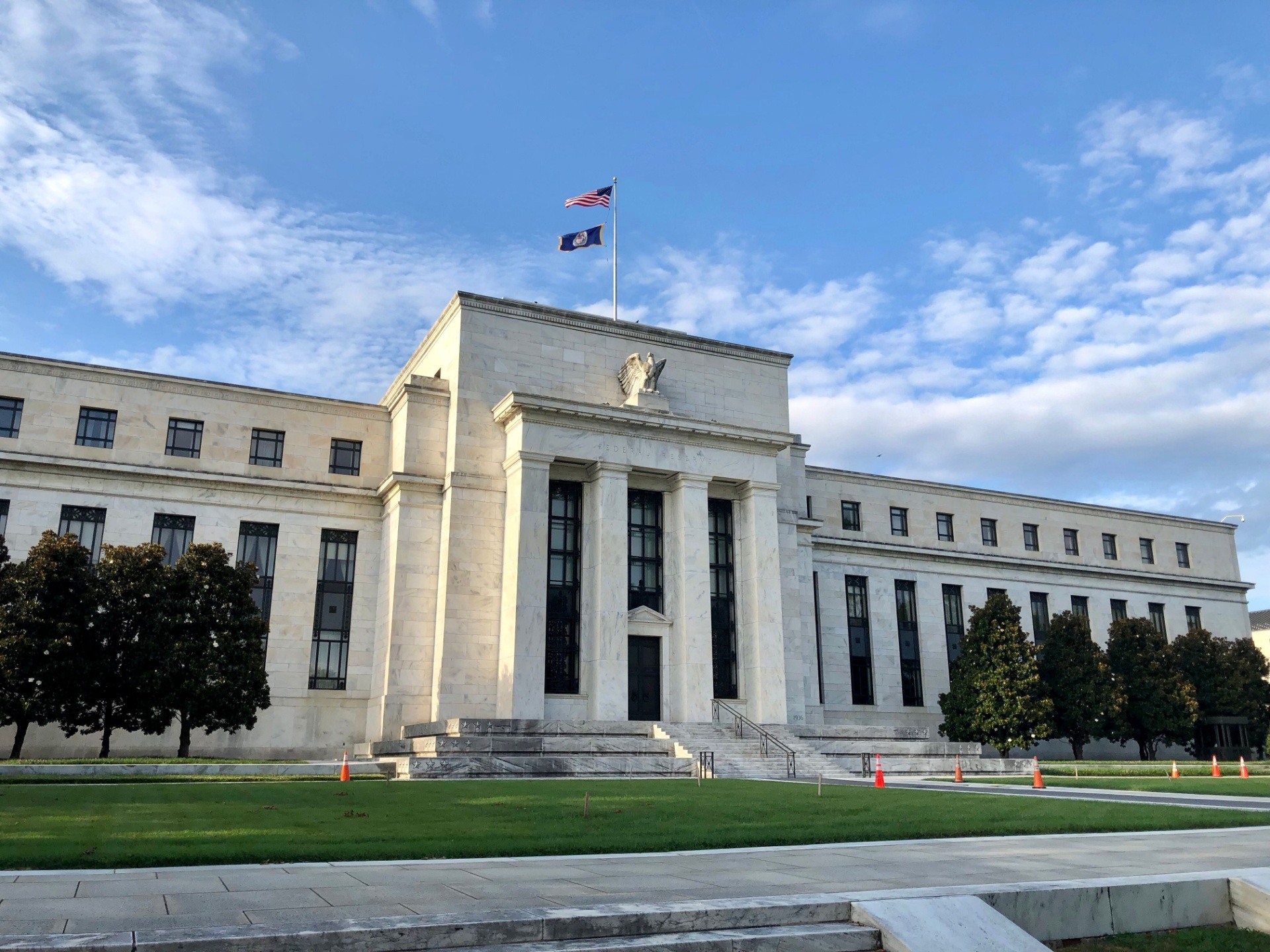Weekly Briefing: UK manufacturing sector growth, Keir Starmer’s European business relations endeavour, private equity taxation concerns & European manufacturing sector challenges
In this week's briefing, we delve into recent headlines surrounding UK and EU manufacturing data, the prime minister's mission to reignite UK-European ties post-Brexit and some of the recent concerns around increasing carried interest taxation in line with income tax rates.
UK Economy
S&P Global survey indicates rapid UK manufacturing sector growth, with investment goods at the forefront
- According to the latest S&P Global survey, the UK's manufacturing sector experienced its fastest expansion in over two years, with the S&P Global UK manufacturing PMI rising to 52.5 in August, up from 52.1 in July, marking the highest reading in 26 months.
- This positive momentum is evident across the manufacturing industry, particularly in the investment goods sector, which emerged as the standout performer. Growth in output, new orders, and employment reflects the sector’s overall health, supported by robust domestic demand.
- The manufacturing sector has now expanded in five of the past six months, contributing to the UK’s broader economic recovery. Notably, the UK economy grew by 0.6% in the second quarter, making it the fastest-growing in the G7 during the first quarter of 2024.
- Easing price pressures were observed, with both input cost and selling price inflation slowing in August, suggesting that the inflationary challenges businesses have faced may be beginning to moderate, offering some relief to manufacturers and consumers alike.
- Despite the positive domestic performance, the report shows that export orders have continued to decline, marking the 31st consecutive month of contraction in this area. The fall in new business from overseas has been attributed to various factors, including economic weakness in Europe and global uncertainty.
- Rob Dobson, director at S&P Global Market Intelligence, noted, “The upturn continues to be driven by the domestic market, which is helping to compensate for lost export orders.”
Prime Minister's European Business Drive
- Prime Minister Keir Starmer is embarking on a critical economic mission in Berlin and Paris, aiming to strengthen UK-European ties post-Brexit. The focus is on boosting economic growth through enhanced trade, defence cooperation, and tackling global challenges like illegal migration.
- In Berlin, Starmer will engage with key German business leaders, including those from Siemens Energy and Rheinmetall, as part of efforts to increase investment in the UK. These meetings underscore the importance of German companies, which already support over 330,000 jobs in the UK, to the British economy.
- The visit is set to see the launch of negotiations for a new UK-Germany bilateral treaty, expected to be finalised in early 2025, aimed at deepening collaboration in areas such as clean energy, market access, and innovation.
- In Paris, the Prime Minister attended the Paralympics Opening Ceremony and met with French business leaders, including major investors in the UK economy. These discussions were expected to reinforce economic ties with France, the UK’s fourth-largest trading partner, which accounts for 6% of all UK trade.
- This European tour is part of a broader strategy to reestablish the UK’s role on the international stage and attract inward investment. The upcoming International Investment Summit in October is poised to further these objectives by showcasing the UK as a prime destination for global investment.
- Starmer emphasised the significance of these efforts, stating, “We have a once-in-a-generation opportunity to reset our relationship with Europe and strive for genuine, ambitious partnerships that deliver for the British people.”
UK Private Equity
Private Equity Tax Concerns in the UK
- The UK government is considering raising the tax rate on carried interest, which refers to the personal profits earned by private equity fund managers. The current rate stands at 28%, but there is growing concern in the City that an increase could drive dealmakers to relocate to countries with lower tax regimes.
- Industry leaders argue that the UK must maintain a competitive tax environment to attract international investment, particularly in the private equity sector. They warn that higher taxes could result in a significant exodus of talent and capital to other financial centres like the United States.
- Labour’s analysis suggests that increasing the tax rate could generate around £500 million for the Treasury. However, industry voices caution that this gain could be offset by a reduction in private capital investment, which plays a crucial role in growing UK businesses and supporting economic growth.
- A survey by Investec revealed that approximately one-third of private equity dealmakers would consider moving abroad if the tax rate is increased. This potential flight of talent underscores the risks associated with altering the tax regime in a highly competitive global market.
- The British Private Equity and Venture Capital Association (BVCA) has stressed the importance of keeping the UK attractive for private capital firms. Michael Moore, head of BVCA, stated, “It is critical to the Government’s mission to increase growth that the UK remains an attractive and internationally competitive place for private capital firms to locate their teams and invest.”
- Jonathan Blake, a key figure in designing the current tax regime, highlighted that the UK is second only to the USA as a hub for private equity. He noted, “A high proportion of PE executives and carried interest holders are from other countries and therefore more mobile than average.”
European Economy
Ongoing decline in European manufacturing sector
- The European manufacturing sector remains in deep trouble, with the S&P Global PMI survey showing a continued contraction in August. Although the index slightly improved to 45.8 from 45.6, it remains well below the critical 50.0 threshold, signalling an ongoing decline.
- New orders, a crucial indicator of future production, fell at the sharpest rate seen this year, leading companies to cut back on input purchasing, reduce staff levels, and lower inventories.
- Germany and France, the two largest economies in the eurozone, have experienced significant drags on overall factory performance, with worsening conditions in both countries. Meanwhile, Greece, Spain, and Ireland showed growth, although the pace of improvement in Greece and Spain slowed.
- Rising input costs are compounding the sector’s difficulties, with inflation remaining close to an 18-month high, driven by increasing energy prices and supply chain disruptions.
- As a result, business confidence in the manufacturing sector has plummeted to a five-month low, highlighting the deep uncertainty surrounding the future. Companies are increasingly pessimistic about their prospects, with many facing difficult decisions on employment and investment.
- Cyrus de la Rubia, chief economist at Hamburg Commercial Bank, summarised the bleak outlook: "Things are going downhill, and fast. The manufacturing sector has been stuck in a rut, with business conditions worsening at the same solid pace for three straight months, pushing the recession to a gruelling 26 months and counting." This grim assessment underscores the entrenched nature of the crisis, with little sign of relief on the horizon.
Final Note
Stories in this week’s briefing displayed diverse economic trends and challenges on both sides of the Channel.
The UK’s manufacturing sector is enjoying a period of robust growth, driven by strong domestic demand, yet it’s tempered by ongoing struggles in export markets. On the other hand, across Europe, the manufacturing sector’s continued decline poses significant risks, with economic uncertainty clouding their outlook.
Meanwhile, Prime Minister Keir Starmer’s efforts to rekindle economic ties with Europe could signal a new chapter in post-Brexit business relations, which he deems as crucial for long-term growth.
Overall, this week's headlines painted an encouraging picture of Britain’s current position across industry and trade, though not without its ongoing taxation challenges, which we’ll no doubt hear unfold in the coming weeks.
At GCV, we remain committed to providing the latest insights into the investment and wider economic landscape in order to support investors in making well-informed decisions when choosing where to allocate their capital.
If you would like to find out more about a number of tax-efficient investment strategies available to UK investors, discover our range of downloadable resources here.
%20(3)%20(2).jpg)







